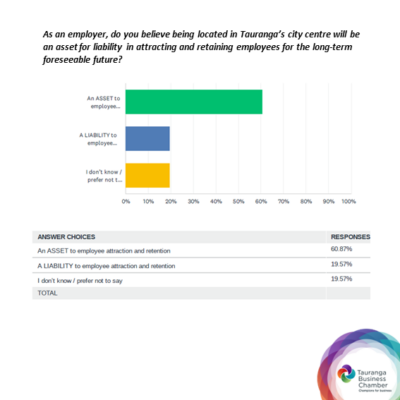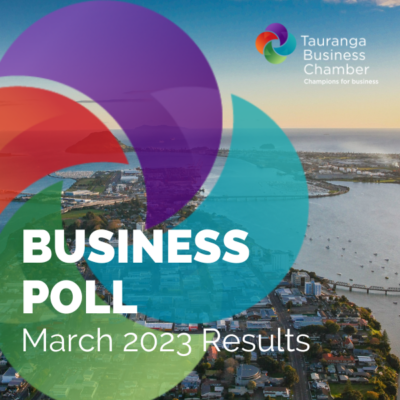The Fair Pay Agreements Bill (Bill) was introduced to Parliament on March 29, 2022.
The Bill proposes a statutory framework for collective bargaining for Fair Pay Agreements (FPA) that would provide for a mandatory, sector-wide collective bargaining regime. FPAs would also supplement collective bargaining between unions and employees, as well as bargaining for individual terms and conditions.
The Bill is not yet law; it is only a Bill at this stage and still needs to go through the usual Parliamentary process. This will include the Bill being considered by a Select Committee which will ask for and consider public submissions.
Members of Holland Beckett Law’s employment team – Jeremy Sparrow (Associate), Sophie Law (Senior Solicitor) and Sarah Mason (Law Clerk) – outline how FPAs would operate if the Bill were passed and introduced in its current form (note the Bill is at quite an early stage of the legislative process).
Why are Fair Pay Agreements being proposed?
The Government has stated that its intention in introducing the Bill is to bring together employers and unions to bargain for minimum terms and conditions for all employees across an entire industry or occupation.
How would the Fair Pay System work?
Initiating the process
The FPA process will start if a union meets either the representation test, or the public interest test and initiates bargaining for a FPA. The representation test means that 10% of a given occupation or sector, or 1000 workers (whichever is less) support initiating bargaining for the proposed FPA. The public interest test requires the relevant employees to receive low pay, have little bargaining power, and have a lack of pay progression.
The union must identify who would be covered by the initiation of bargaining to establish that one of the above tests have been met. The union must also identify whether it is to be occupation or industry based. The union then applies to the Chief Executive of the Ministry of Business, Innovation and Employment (MBIE).
Upon receipt of the application MBIE must be satisfied that either the representation or public interest test has been met. It can call for public submissions in making this determination. If a union is successful, it must identify and notify all affected employees and employers. All those employees and employers who are notified are then covered by the bargaining.
Representation
Employers and employees would all be represented by bargaining parties throughout the process. For workers, this would likely be the union who initiated the bargaining process. For employers, this will largely depend on whether or not it is a public or private sector.
All parties have a duty of good faith, as well as requirements to ensure Maori employees and employers are being adequately represented.
FPA terms
Parties must agree on the following employment terms:
- Start date and expiry date of the FPA which must be for a period of between three and five years;
- Who is covered by the FPA;
- The normal hours of work;
- Minimum base wage rates (including when and how they are adjusted);
- Overtime;
- Penalty rates;
- Any superannuation; and
- The process for varying an FPA.
Parties must discuss as part of the bargaining process, but are not required to specify in the FPA:
- Redundancy;
- Flexible working;
- The objectives of the FPA;
- Training and development;
- Leave entitlements; and
- Health and safety.
Parties may also choose to discuss other terms of employment. They may agree that different terms apply to different employees or classes of employees, for example, on the basis of the territorial districts in which the employees work, or that the terms commence at a later date for specified employers. Parties will be able to, but are not required to, discuss and include any other employment-related topics they consider to be relevant.



They can also allow exemptions for businesses that are in significant financial hardship, set regional differences, and other differential terms, so long as they comply with the Human Rights Act 1993 and minimum employment entitlements.
If disputes arise during the bargaining process, all parties have access to the MBIE mediation service to try and resolve matters. In some circumstances it may also be possible to apply to the Employment Relations Authority (ERA) to have the terms of an FPA fixed through a Determination.
Finalising FPAs
Once agreed between the parties, an FPA would then need to be approved by the ERA who will carry out a compliance assessment. If approval is granted by the ERA then it will be ratified by those covered by the FPA and also MBIE. MBIE will then bring the FPA into force through regulations or orders.
Once the FPA has been finalised then all employers who fall within the coverage of the FPA will be bound by it. This includes employers who did not participate in the bargaining process.
What are the (potential) implications of the Fair Pay System for employers and business owners?
Unlike current collective bargaining, under the Fair Pay System there is no opportunity for employers to opt out. Therefore, businesses may have less freedom to negotiate individual employment terms with their employees which could have a negative impact on small to medium sized businesses who have never been around a bargaining table before.
Employment terms negotiated in an FPA will apply to all businesses operating in that industry or occupation regardless of involvement, which could lead to businesses feeling disengaged from the process. It also remains to be seen how this will work in practice with multiple employers with competing interests.
Independent contractors are not currently covered by FPAs but the Government has indicated this may change. There will be penalties for employers to attempt to side step the FPA process by engaging workers as independent contractors when the true relationship is one of employer and employee.
If you would like further information or assistance with preparing a submission to be put forward for consideration by the Select Committee, please contact a member of our employment team.
Want more top tips, advice and insights? Check out our news section.
















































